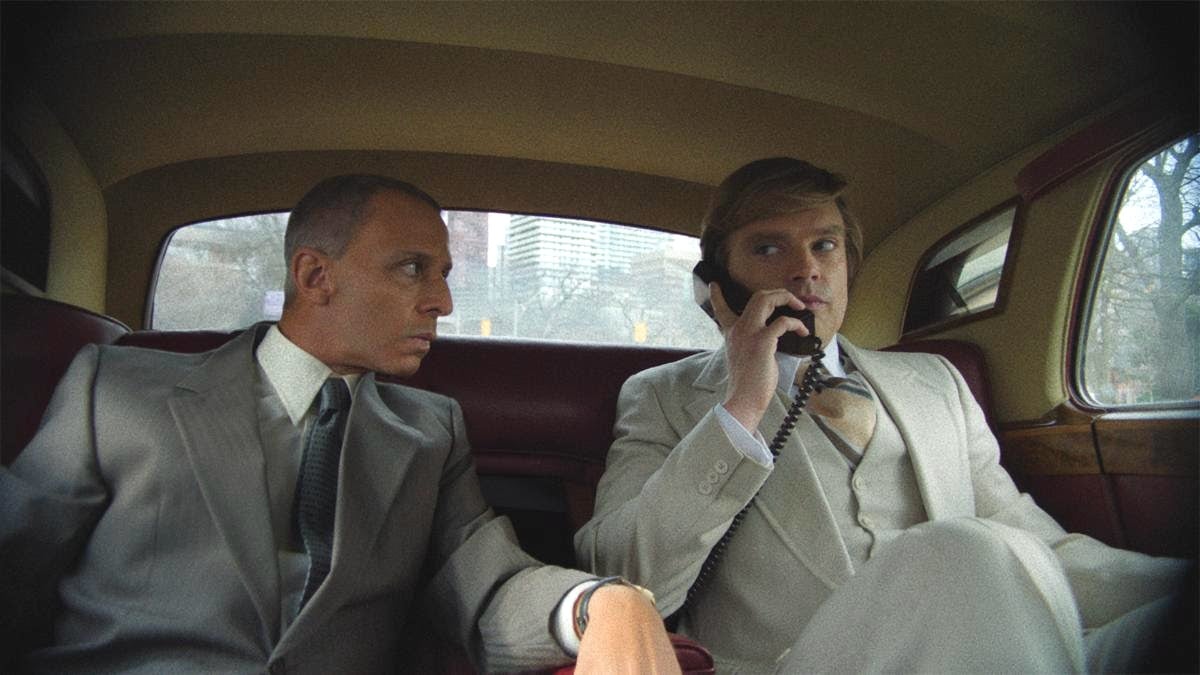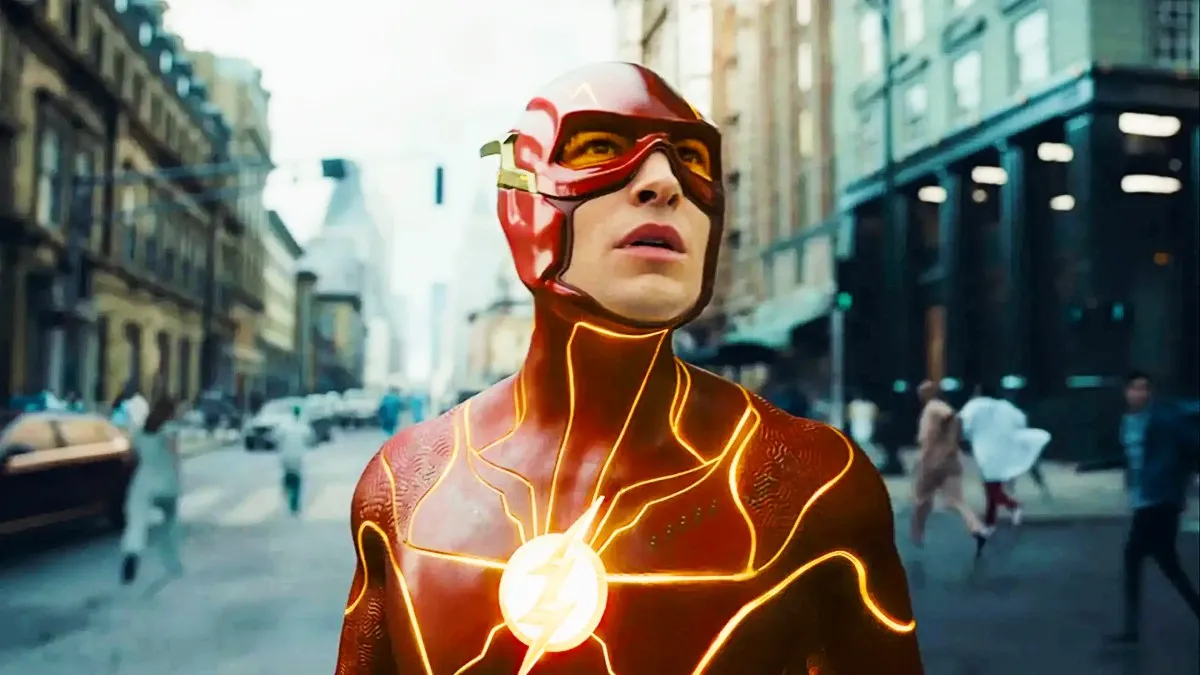There’s been a lot written about the problematic casting and approach to 2017’s Ghost in the Shell starring Scarlett Johansson. While the casting itself was the biggest drawback for me, there were other aspects of the film that fell short which, ironically, can be illustrated by closely examining the scenes that most resemble the original film. The Nerdwriter, in a video essay titled “How Not To Adapt A Movie,” looks at the aesthetics of the film and how details, perspectives, and homages ripped from the 1995 version leave behind much of what made the animation so compelling.
The Nerdwriter doesn’t mention the casting controversy once, which I actually don’t mind because by solely focusing on composition and details, it pushes against the persistent idea that PC culture was to blame for the film’s box office failure. In this analysis, it shows that the casting was a symptom of a larger problem which involved mining the original for aesthetics without really understanding the purpose of those aesthetics and crowded writing.
The essay goes through these topics by taking viewers through the ways the 1995 version explores the relationship between an individual and the city with very purposeful frames of Hong Kong, as well as contrasts in color and character development. He especially focuses on the story of the garbage man, something the 2017 film mostly cuts down on, reducing emotional impact.
I really enjoyed the video because it acknowledges how the shortcomings of the 2017 film can become a valuable learning moment, and by analyzing how this particular adaptation took a flawed approach it asks creators to learn from Ghost in the Shell’s missteps. It can be amusing to poke fun at the film, but no one wants a bad movie. No one wants to see a story they like disappoint with a huge budget. We want to watch good movies, and the best thing that can come out of Ghost in the Shell is that the industry takes notice and doesn’t repeat those mistakes.
He concludes, “Those who adapt works of art should be given the creative license to make the story work for them, but you can’t just mine the source material for parts. Adaptations and remakes don’t require adherence or obedience or even necessarily respect, just an understanding of what made the original so powerful in the first place.”
(via /Film, image: screencap)
Want more stories like this? Become a subscriber and support the site!
—The Mary Sue has a strict comment policy that forbids, but is not limited to, personal insults toward anyone, hate speech, and trolling.—









Published: Aug 8, 2017 01:03 pm